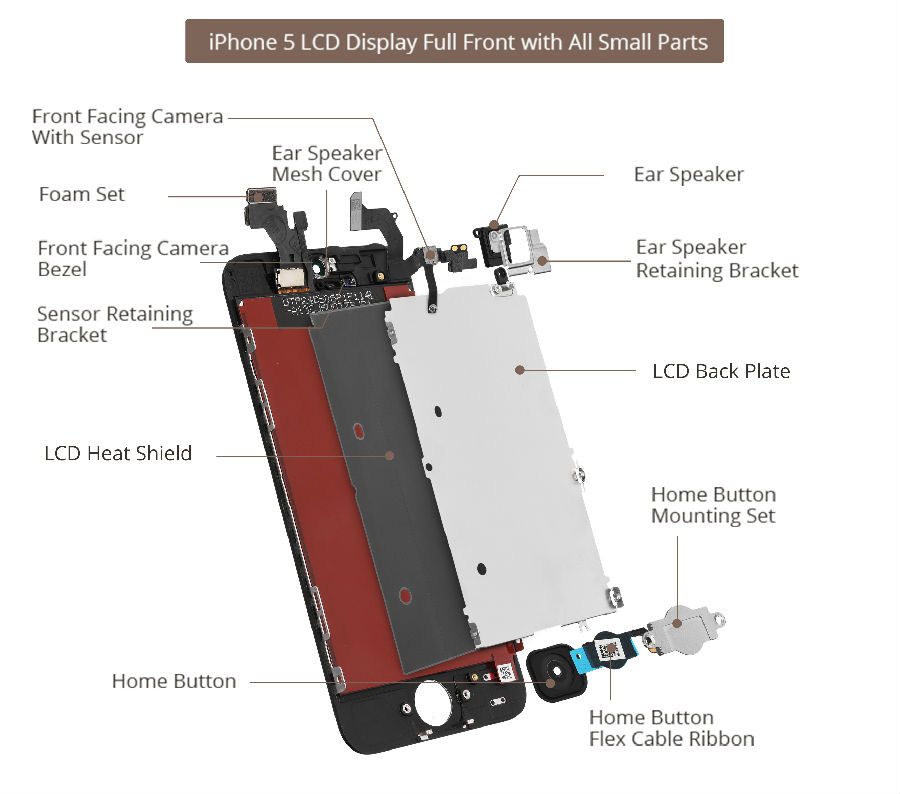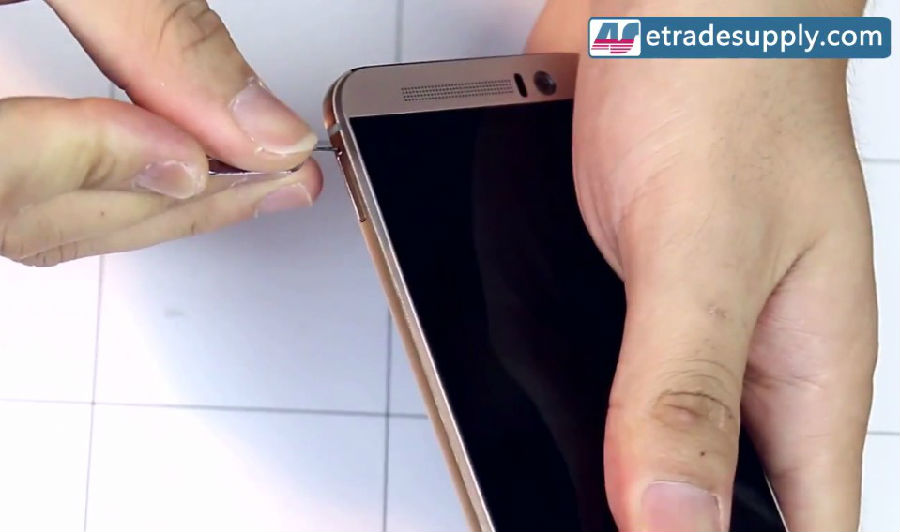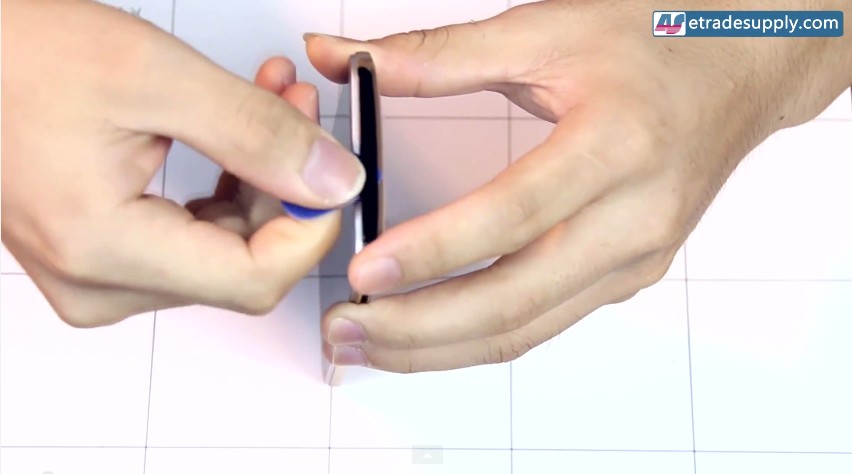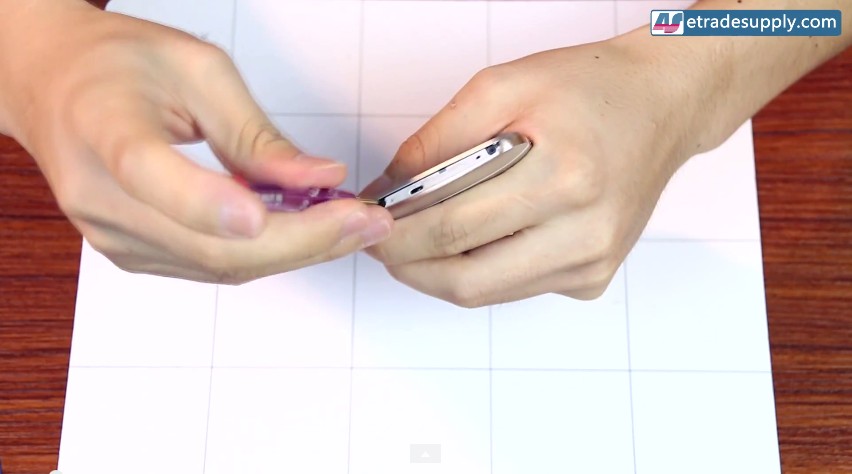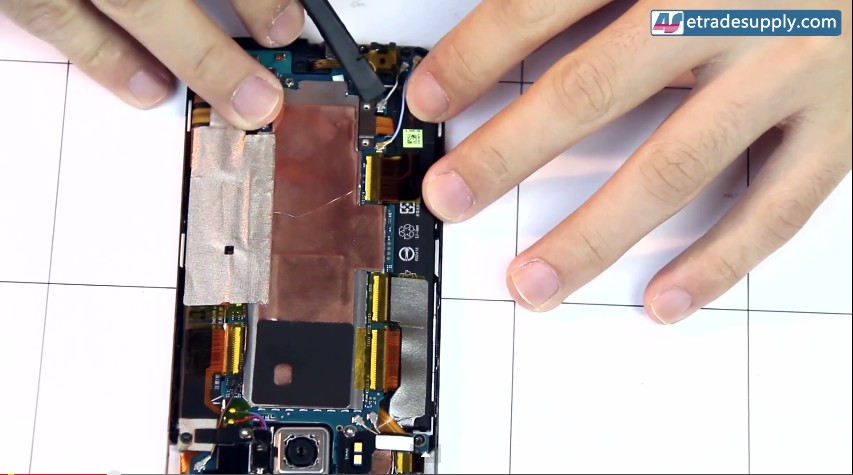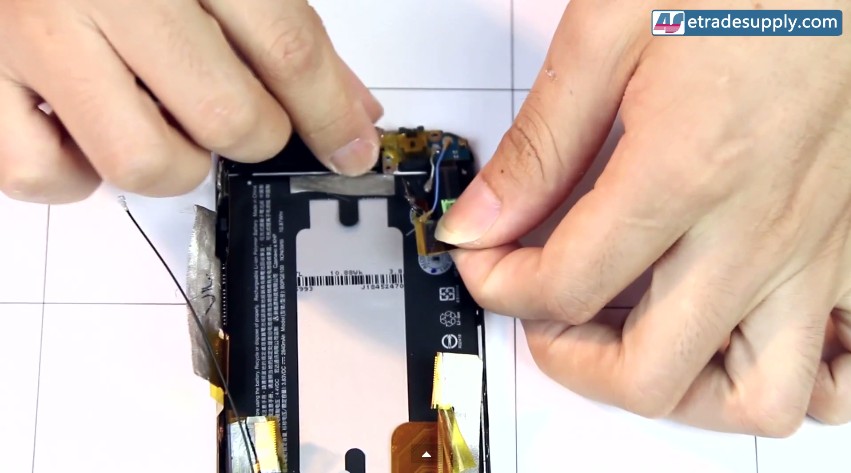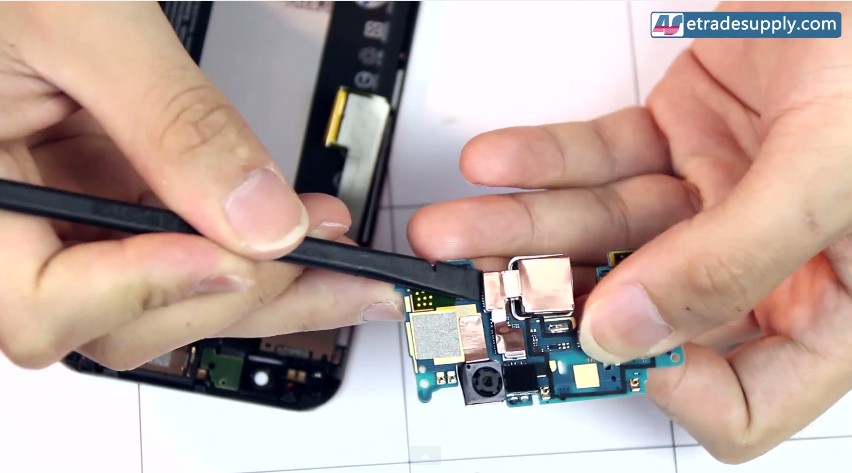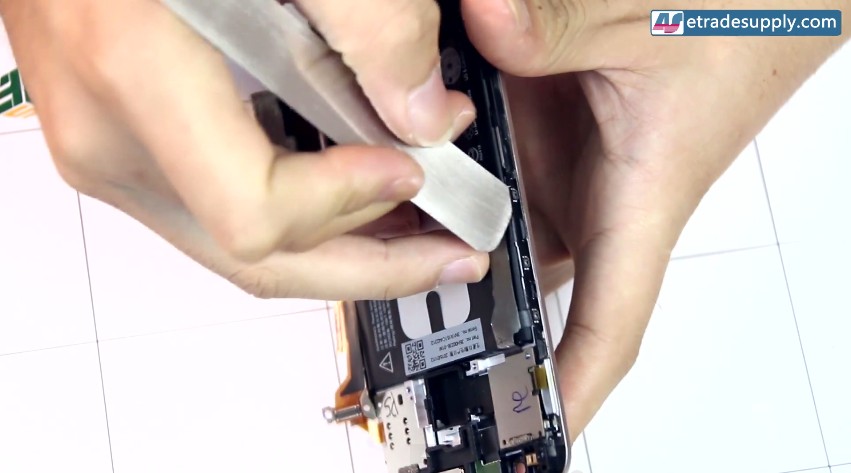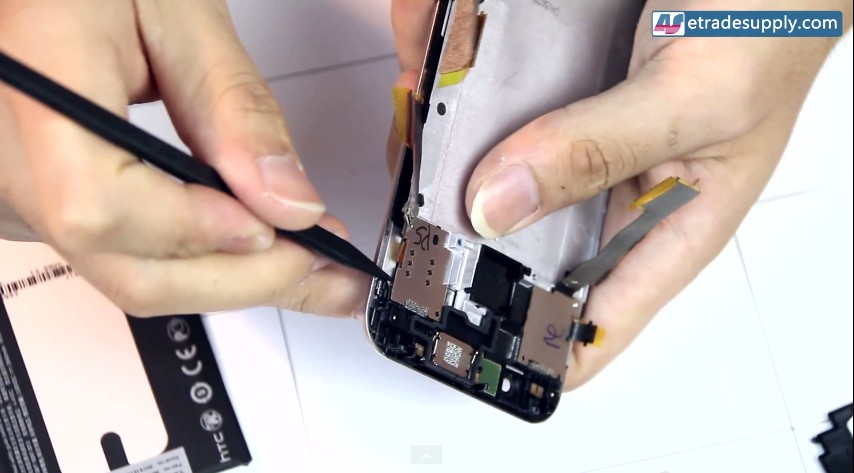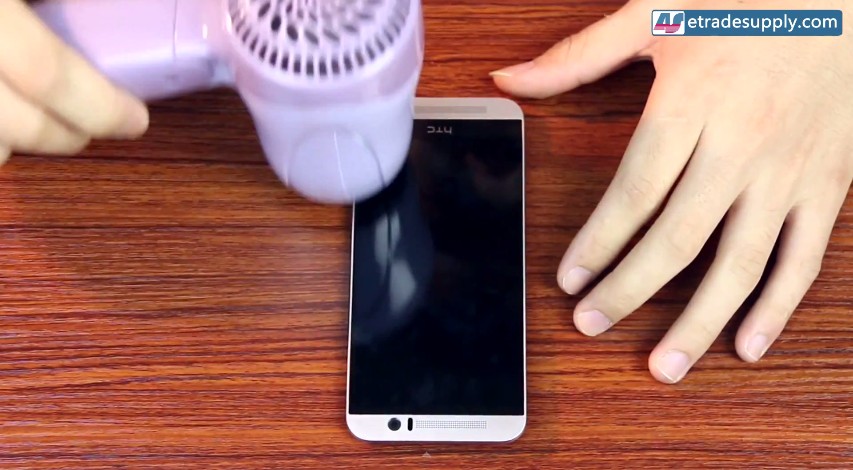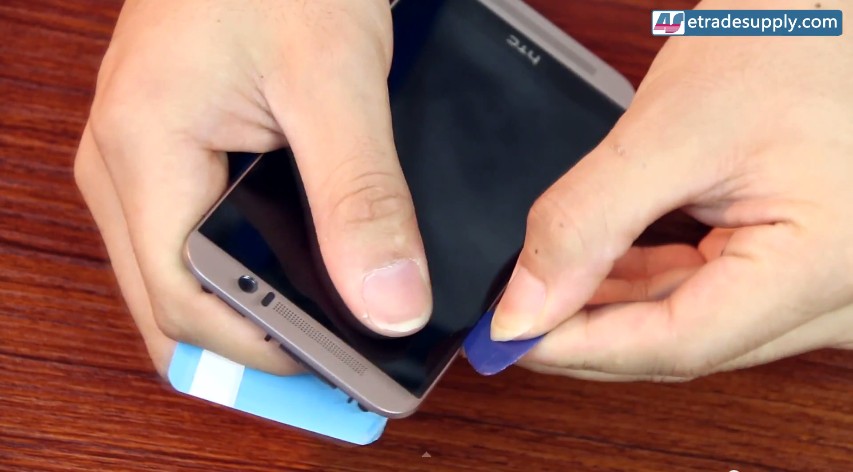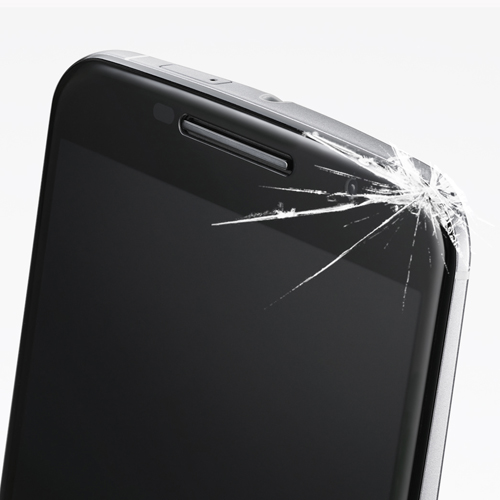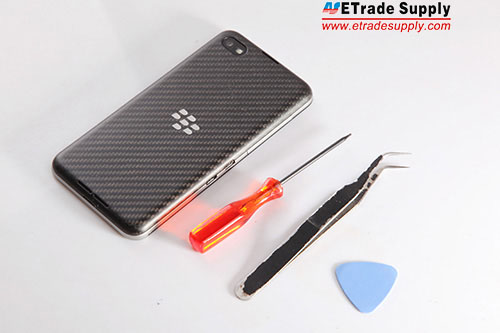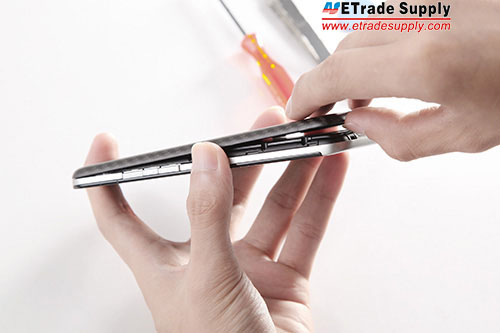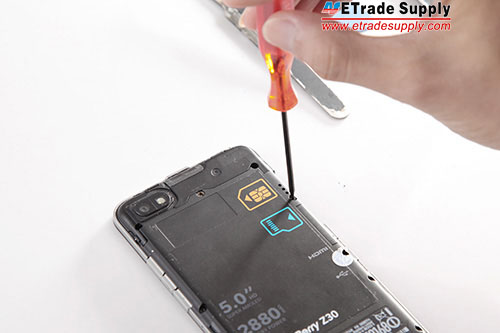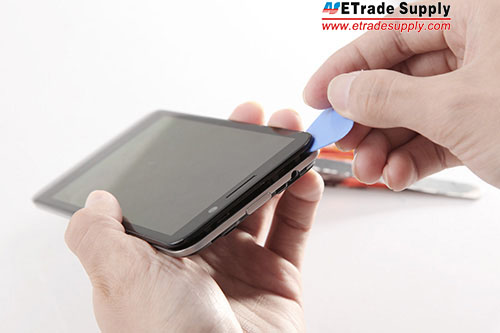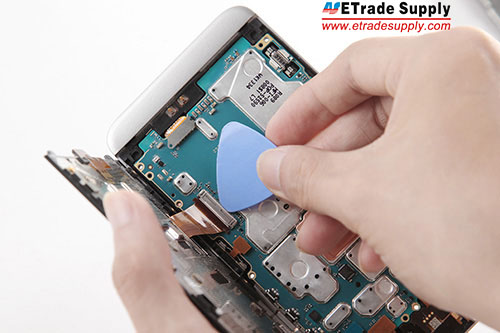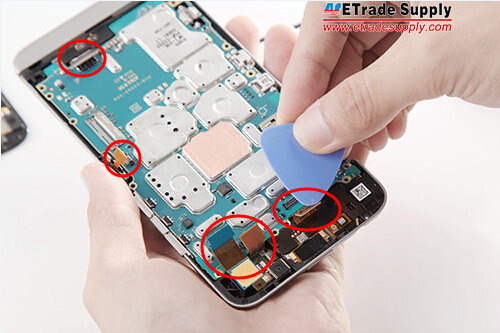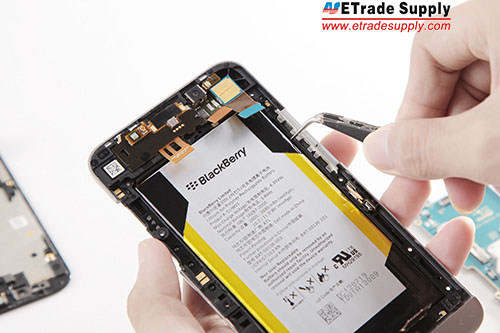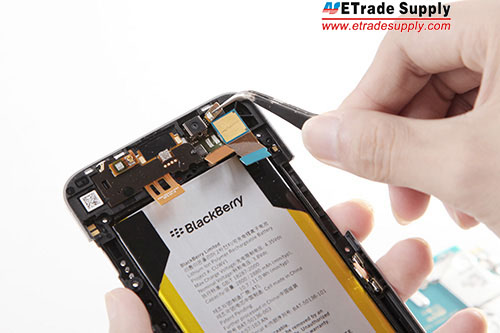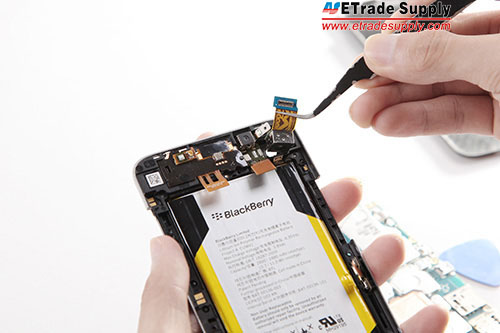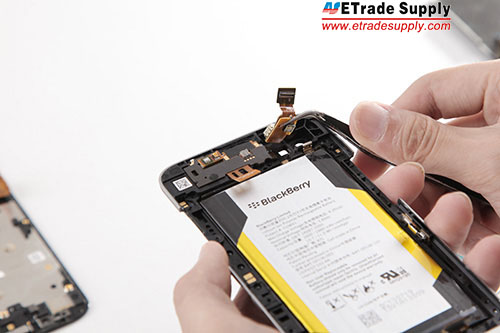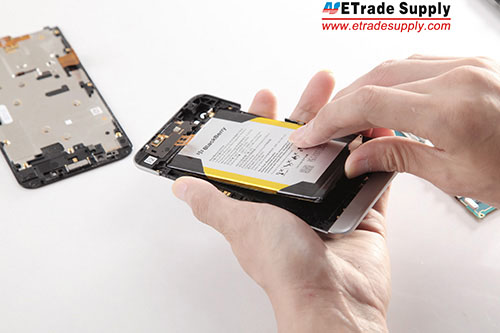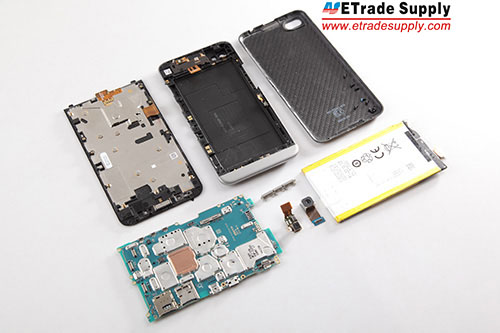If you happen to drop your phone in water, immediately get it out and power it off, then what do you do to help save your poor phone? Put it into a bag of rice to dry it?
In fact, rice won't do too much to dry your phone. It's better to wipe the parts with a clean cloth and lay the parts in a drafty place; however, after the parts dry what do you do about the water damage. Here we have submerged an
iPhone 5 to show you the steps to diagnose your wet phone and how to save it.
Step 1, Disassemble your phone.
After the phone has been retrieved it should be wiped completely dry to remove any extra liquid, and then you'll have to tear down your phone so you can assess the damage. However, special tools and skills are required to tear down a phone, and we always recommend a qualified person to do this job. If you are experienced in repair work, you can follow
our video tutorial for your phone.
Step 2, Check if there is any erosion or debris in the connectors/other metal contacts.
Generally speaking, there will probably be some erosion on the connectors or residue stuck on the board. Submerge the logic board in
isopropyl alcohol, and allow it to soak long enough to loosen any hardened residue, and to displace any remaining water or other liquid. Use
a soft ESD brush to remove visible corrosion and residue.
Step 3, Check whether the device is short circuited or not.
Even after phone parts have been wiped and dried, some liquid may still be left in inside, which will result in a short circuit. First of all, you can use a multimeter to test if the battery is bad. In most cases batteries are one of the first things to go. So you may need to replace the battery. If the battery works fine you'll have to check all the parts 1 by 1 to find the short.
Before you install the new battery we recommend reconnecting the LCD screen and plugging in the charger in to see if the LCD screen still functions. If the LCD screen is dead, it must have been damaged by the liquid and can't be fixed by hand. The only way to fix the phone would be to replace
the LCD assembly. The problem could also be caused by damage on the mainboard, so we recommend testing the new LCD with the board before reassembling everything.
Step 5, Reassemble all the parts and power on the device for testing.
Small parts with metal contacts are easily damaged by water, i.e. the ear speaker. Once you've reassembled everything you should carefully test smaller parts like the ear speaker and camera.
Water damage is a common issue users experience, especially when summer comes around, know how to diagnose and repair your water-damaged phone will definitely raise your chances to save it. Any questions, feel free to
contact us directly or just comment below.


















